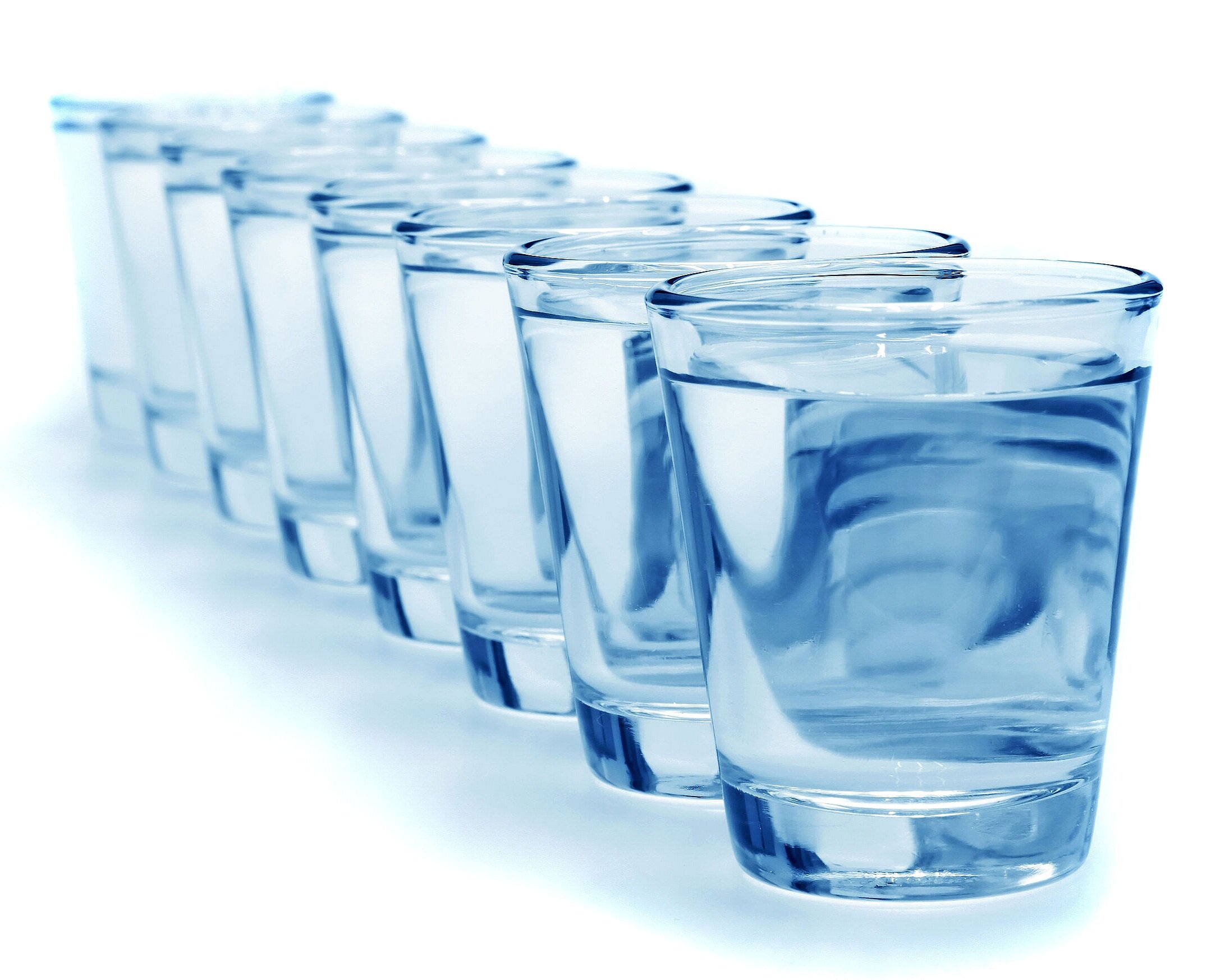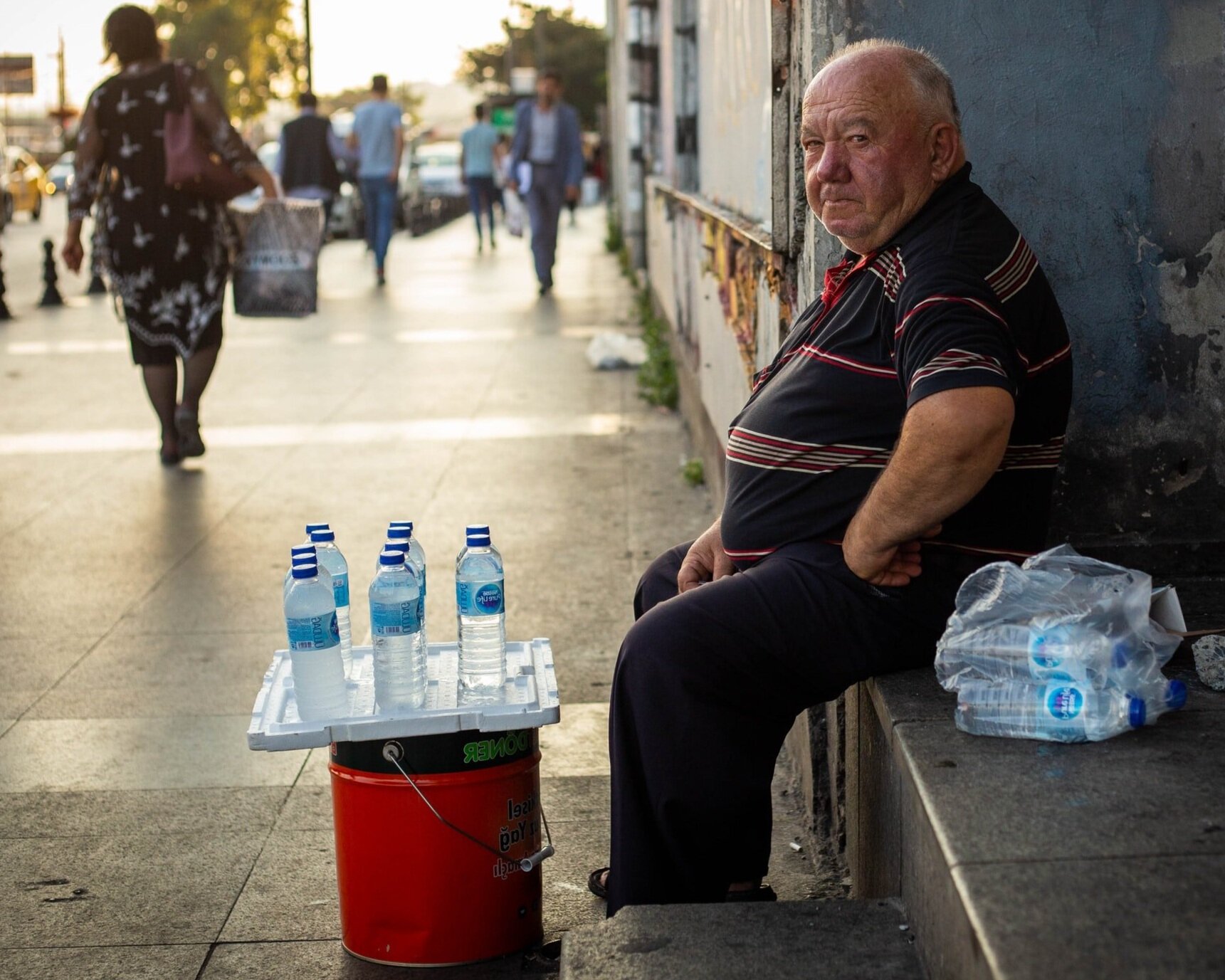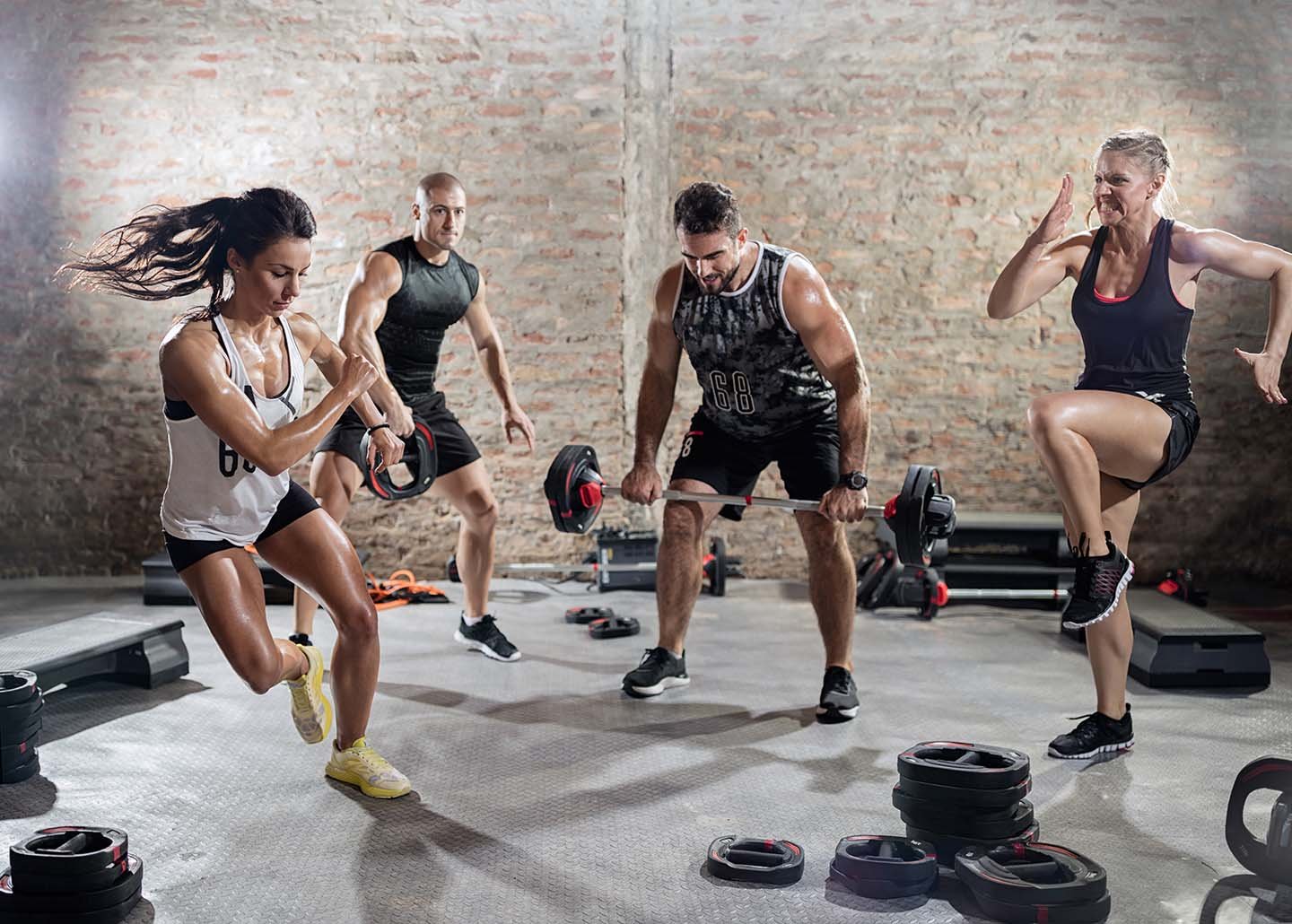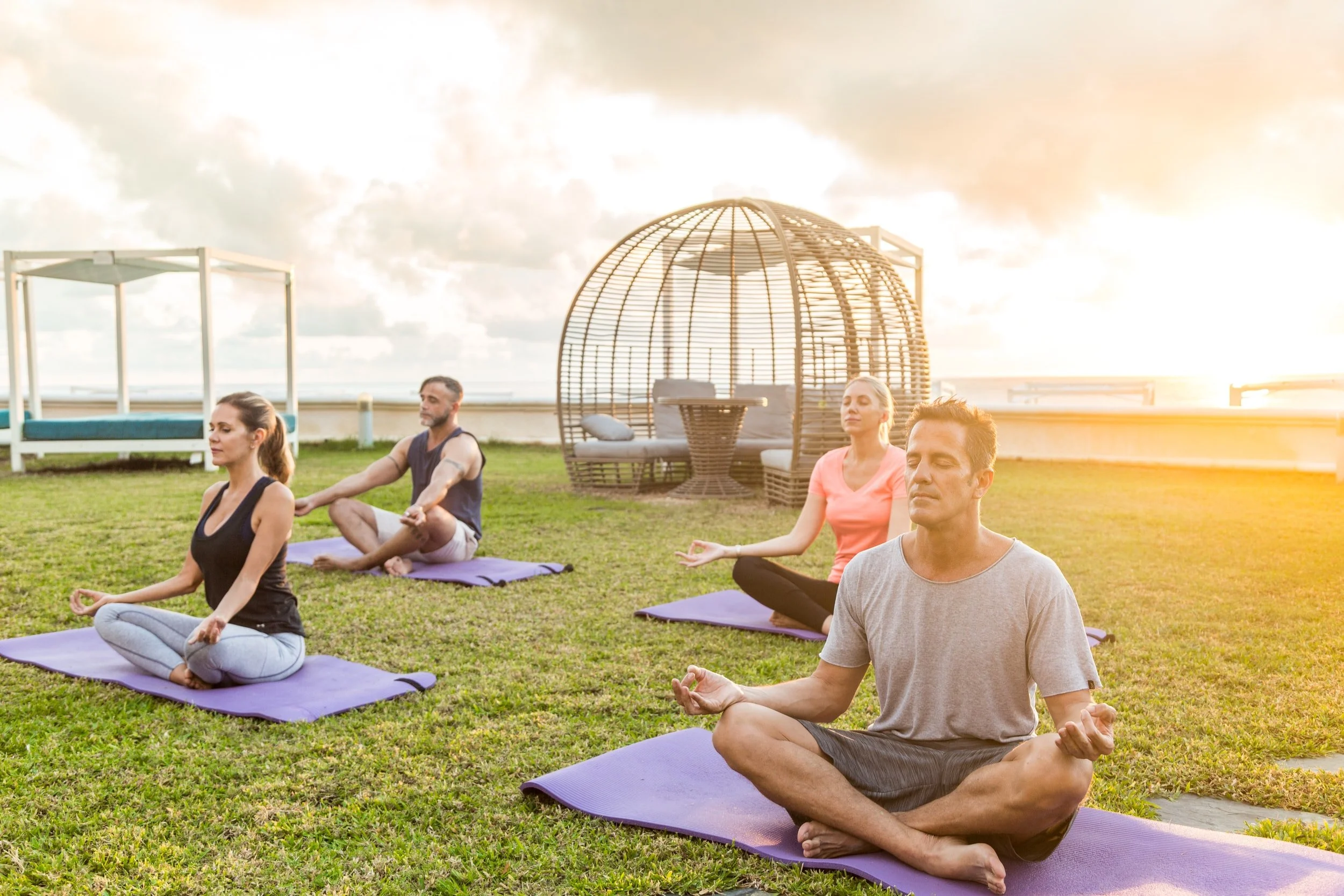How much water do you really need to drink?
Myths about water: looking for the truth
A person cannot exist without water. This is a known fact. Water is the main component of our body, it accounts for about 60% of body weight.
Water is contained in every cell. Therefore, the loss of only 1–2% of the fluid causes the symptoms of dehydration - thirst, fatigue, and deterioration of health. Severe dehydration can be irreversible and even life threatening.
Water is really essential for wellness and health, but too much water is just as bad as not getting enough water.
On the Internet, newspapers, and magazines, you can sometimes find the most conflicting recommendations about water consumption. Let's figure out how much water you really need to drink, and consider the most common myths about water.
Myth # 1. You need to drink 8 glasses of water a day
This is the most popular water myth. Moreover, there is no scientific evidence that this amount of water has a beneficial effect on health. Nevertheless, every year, especially with the onset of summer, there are publications that say you need to drink exactly 8 glasses of pure water and how to make drink yourself more if you don't feel like it anymore.
It seems that we are all critically dehydrated, and the magical 8 glasses will give vigor, help you lose weight, look younger, and get rid of toxins. There are even applications for smartphones that remind you after a certain period of time to drink water.
The exact origin of this myth is unknown. The first traces of "magical 8 glasses" can be found in the recommendations of the US National Academy of Sciences Institute of Medicine published in 1945. They advised adults to drink 2.5 liters of water per day. But everyone who later replicated this advice missed an important clarification that was given in the next sentence: "Most of this amount we get in food."
Then, in 1982, this recommendation was echoed by Dr. Frederick in his book "Nutrition for Good Health:…". And in the next reincarnation, this advice began to spread in all kinds of women's magazines and online publications, and already in the form of an immutable truth and with the clarification that you need to drink only clean water in addition to other drinks.
In fact, fluid intake rates are individual and depend on many factors: your age, weight, degree of activity, and the air temperature.
Nowadays, the rate of received fluid is calculated by the formula 30–40 ml of water per 1 kg of body weight per day. Moreover, the calculation must be carried out based not on real weight, but on your normal BMI (body mass index). That is, overweight people do not need to drink more water.
And, according to the latest recommendations of American doctors, a man with an average weight should receive 2.9 liters of water, and a woman - 2.2 liters.
However, most experts now agree that in healthy people, the body itself perfectly regulates the need for water, and the feeling of thirst is the signal of the need to drink water. Real dehydration is a serious problem, but most people are not severely dehydrated.
Myth # 2. Bottled water is healthier
Indeed, there are countries in which you can drink only bottled water without risk to health, and not only drink, but also wash and brush your teeth. But the USA, European countries, and Russia are not among them.
In most regions, tap water is quite safe, its quality is checked by regulatory organizations. If the water quality in your area is not very good, use household filters.
Bottled water is quite often falsified or produced with non-compliance with technology, and therefore, in terms of quality, it turns out to be worse than ordinary tap water.
In addition, the plastic from which the bottles are made releases toxins into the water, especially at high temperatures and in direct sunlight.
It is also not recommended to constantly drink distilled water. This water is purified from absolutely all impurities, including useful ones.
If you drink this water regularly, your body will not be getting the minerals it needs.
Myth # 3. Only pure water is considered
This is not true. All the liquid received per day is taken into account, and not only in the composition of any drinks (even alcoholic), but also in foods (especially soups, juicy vegetables, and fruits…and even meat contains water).
We consume about 50-80% of the daily value in the form of free liquid, the rest comes from food.
Myth # 4. Water helps you lose weight
This myth also wanders through the pages of magazines and newspapers. And there is some truth in it.
The fact is that sometimes we confuse the feeling of hunger and the feeling of thirst and think that we want to eat, when in fact the body signals a slight dehydration. In such a situation, you really need to drink a glass of water, and if the hunger recedes, then, most likely, it was false. In this case, water will protect you from consuming extra calories.
The second way water can help you lose weight is if you drink water instead of high-calorie drinks like cola, juice, or alcohol. This will simply reduce your total calories.
Water does not possess magic fat-burning properties. What's more, research from Penn University showed that people who drank water at lunch consumed the same amount of calories as people who drank other low-calorie drinks.
Myth # 5. You can not drink water while eating
For a very long time, there was a belief that drinking fluids during meals "dilutes" gastric juice and thereby impairs digestion, causing indigestion, colic, flatulence, and other unpleasant symptoms.
However, recent guidelines published by Eufic (European Food Information Council) state that drinking fluids outside meals increases the risk of dehydration. We simply do not have time to drink the required amount of water during the day.
Drinking with meals is not harmful to your health. If you are prone to bloating, drink still, clear water, chew slowly, and do not talk while you eat.
Myth # 6. You need to drink water, even if you don't feel like it
This is not true. As we wrote above, the feeling of thirst is a mechanism created by nature precisely so that we replenish water supplies when necessary. Therefore, in most cases, you can safely be guided by it. Exceptions may be situations such as high body temperature, very hot and / or humid weather, and intense sports.
The second indicator of the adequacy of hydration is the release of water: if you go to the toilet every 2-4 hours and your urine is straw-colored, everything is good.
Myth # 7. Caffeine dehydrates
Studies have shown that the amount of caffeine that we usually consume does not lead to excess fluid loss. Caffeine has a diuretic effect when consumed more than 250 mg per day, and for those who constantly drink coffee, this effect is much less pronounced. In theory, it can lead to a loss of fluid, but this is usually compensated by the water that we get in the drink.
For example, a cup of Americano contains 200-300 mg of caffeine, but together with this you will drink 200-300 ml of water. So you don't have to worry about dehydration.
Myth # 8. Water cleanses the body of toxins
Actually, it happens every time you urinate. Urine is a metabolic product dissolved in water. Their release is the result of normal kidney function.
If there is not enough water in the body, then the kidneys are forced to collect water, excreting highly concentrated urine (then it is dark yellow or orange), and this can lead to the formation of kidney stones. This will not speed up the kidney function. Simply the same amount of metabolic products will dissolve in more water.
Very important! The constant overload on the kidneys from consuming large amounts of water is harmful.
Myth # 9. Water rejuvenates and improves complexion
This is only true if you are truly severely dehydrated. Dehydrated skin loses its turgor, and becomes dull and dry. Restoring adequate hydration will improve the condition of the skin as well as the entire body. But drinking extra water to smooth out wrinkles is useless.
Myth # 10. There is never too much water
Think it's impossible to drink too much water? Too much water is just as dangerous to the body as dehydration. The recommended daily volume corresponds to the amount of water that your kidneys and heart can handle. There is even such a medical concept as water poisoning.
As a rule, the body protects us from drinking dangerous amounts of water - just don't drink so much. But in certain situations, excessive water consumption is possible, which can be fatal. This usually occurs with various neuropsychiatric diseases or disorders, for example, if a person forgets that he drank water, and immediately drinks again.
The daily amount of water also depends on age, diet, activity level, and climate. An active child who walks outside all day should drink more water than a child who spends all day in his room at a computer or books. However, a healthy child is advised to drink about 1.1 liters a day - regardless of whether he is thirsty.
In older people, there is a decrease in the feeling of thirst and a decrease in the amount of water they drink in general. The consequences can range from cardiovascular disease to a weakened immune system. Ideally, drink 1.5 liters of water a day to stay hydrated.
Drink water properly
Start each day with a glass of water - it refreshes, replenishes depleted stores after a night, and removes toxins from the body.
Drink the first liter of water in the morning.
Keep the bottle on a table or close at hand in your work area.
Use a large bottle to help set your daily limit.
Drink a glass of water with every meal.
Take water with you on the road.
Also, stick to your diet: eat fresh fruits and vegetables.
Add berries, lemon, or herbs to the water.
Drink a glass of water along with coffee and soft drinks.
Drink water during physical activity.

















